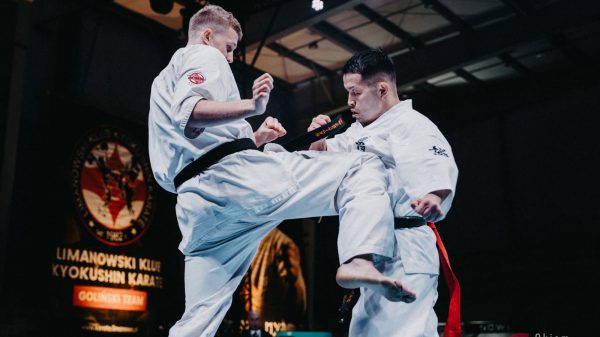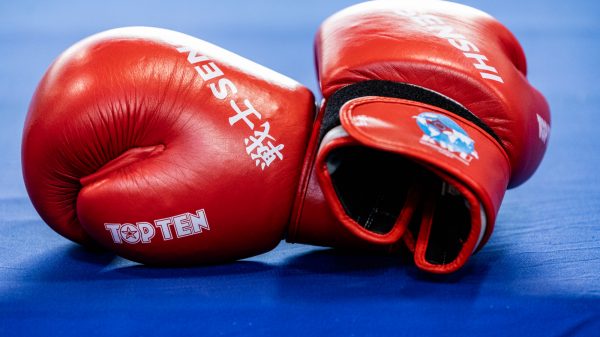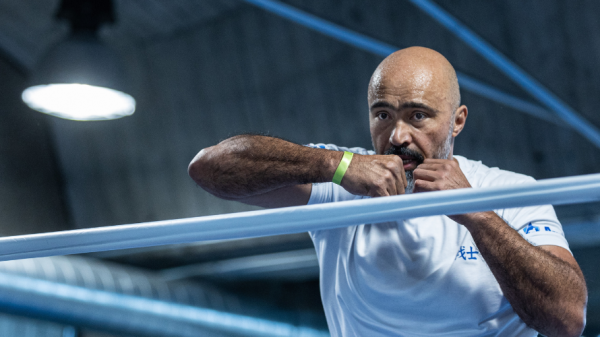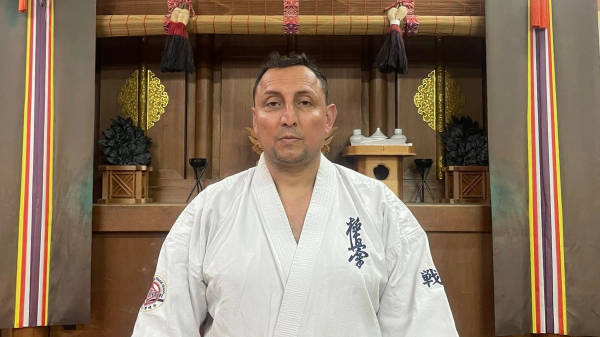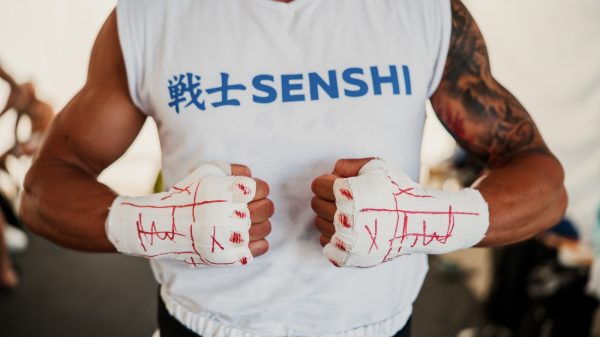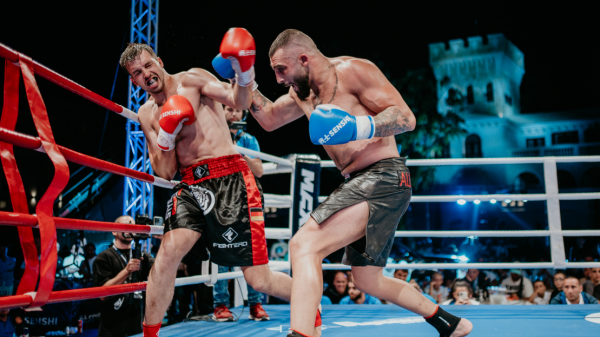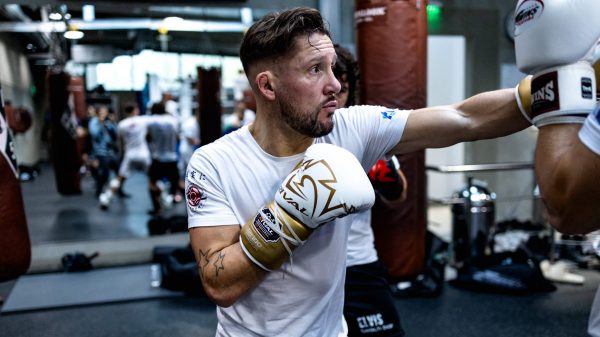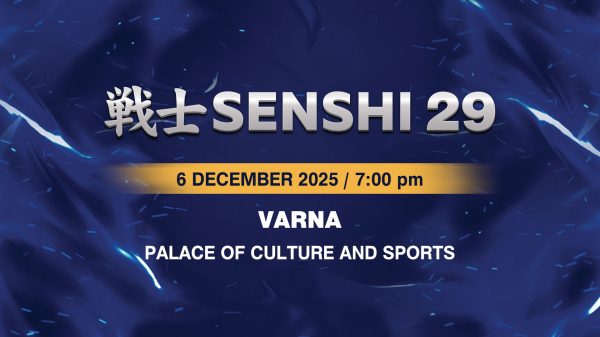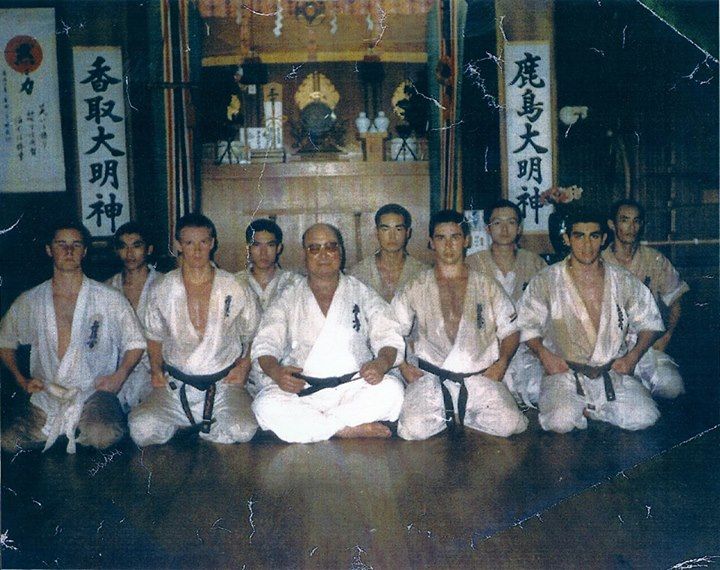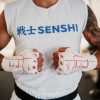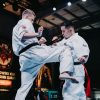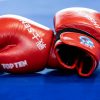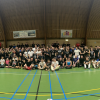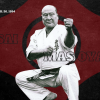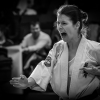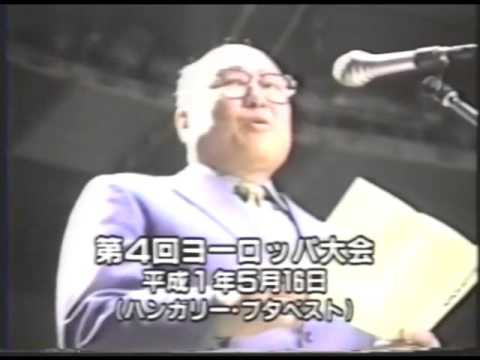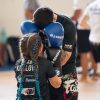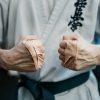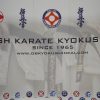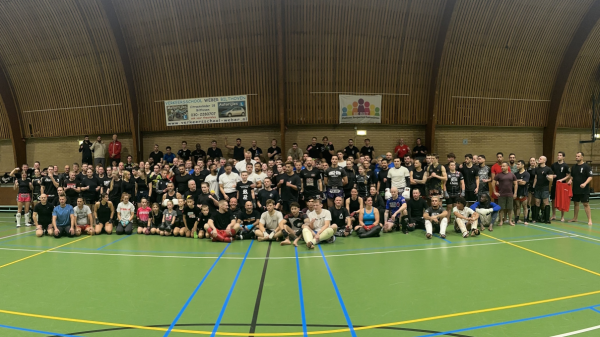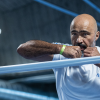Uchi-deshi (内弟子, lit. “inside student”) is a Japanese term for a live-in student/apprentice who trains under and assists a sensei on a full-time basis.
kick24-info: Many martial arts fans dream of living and training in Japan. Tough training and learning “secret” techniques that nobody in Germany knows are often associated with it. In addition, there is also the spiritual-ethical component, and after a short time, you are both a perfect fighter and a sage. One way or another, it is presented to us in numerous martial arts films. But the truth is different too. We looked around Japan and interviewed foreigners who eke out an existence in Japan as Uchi Deshi (internal students, ie they live in the dojo). But not at any karate club, but in the Kyokushinkai Honbu Dojo, the toughest dojo in the world (at least Kyokushinkai Karate is described by many as the “toughest karate in the world”, and so it is can be assumed that the Honbu Dojo is the toughest in the world).
For an interview for kick24-info, Nicholas Pettas talks about the Uchi deshi program:
Pettas: At 6:30 you start cleaning in front of the dojo. The first training is from 7:00 to 8:00. Mostly conditioning, running, and weight training. Breakfast is at 8:30 a.m. At 9:30 the morning ceremony takes place. all the Uchi deshi and instructors gather in the dojo. But that’s nothing out of the ordinary, Japanese companies do that too. After that, there are two more training sessions that the Uchi deshi has to attend. There are also special training units: fighting classes, black belt classes, etc. As an uchi-deshi, you often have to teach the children’s classes or do temporary work, for example teaching the white belts during normal training.
And Gary O’Neill talks about living in Japan and training at Honbu Dojo:
O’Neill: The hardest part was the language, and as Nick said, the human relationships. When I came here I already had some Australian friends who were here and I was also introduced to a few people through my teacher Cameron Quinn. What is very different from Australia is respect for the Senpais. In Australia, the handling is rather relaxed. After training, you go for a beer with the trainer. But that’s not possible here in Japan. Everything is strictly hierarchical here, and you can’t break out of this structure. In addition, people want to test you here to see how good you really are. Before I came here, I was a two-time Australian champion, so they really wanted me to know. I just kicked them in the head and that was it (laughs).


